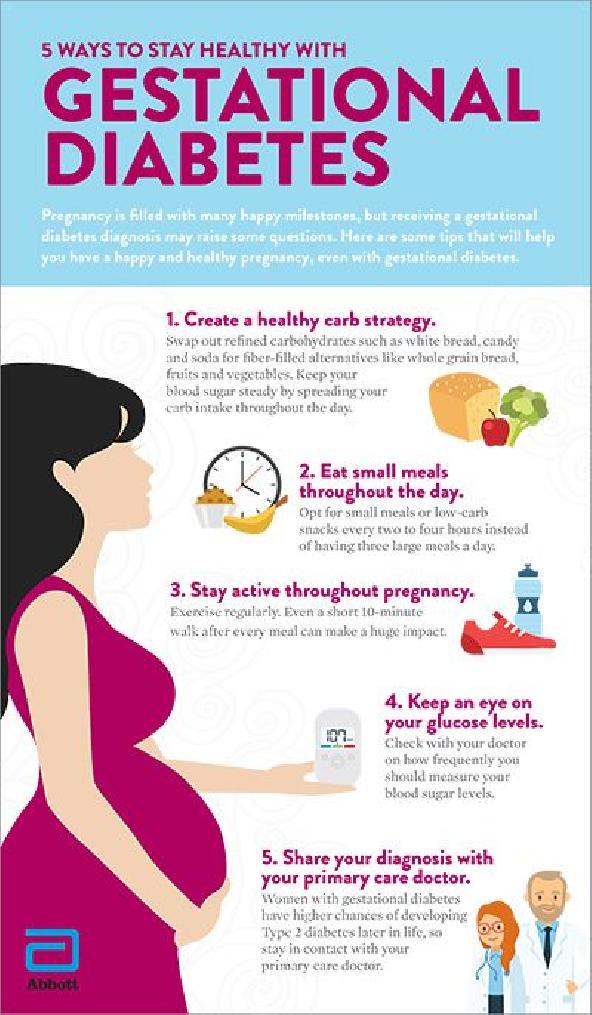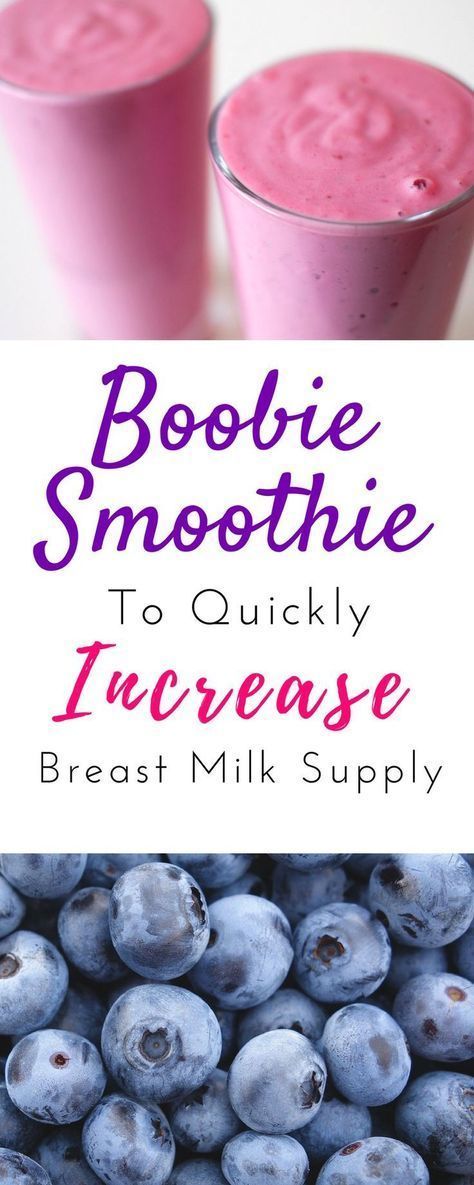A cold during pregnancy
Pregnant with a cold: Treatments, risks, and prevention
Catching a cold during pregnancy will not harm the fetus, but it can be uncomfortable for the person who is pregnant, and they may also worry about which treatments and medications they can use safely.
Colds are very common. The Centers for Disease Control and Prevention (CDC) estimate that adults have an average of 2–3 colds per year.
The chances of catching a cold while pregnant are higher because the immune system is less robust during pregnancy.
According to March of Dimes, catching a cold will not harm a developing fetus, and the pregnant person will typically recover in a week or so.
People are also more likely to catch potentially more serious infections, such as the flu, during pregnancy. This means that taking steps to prevent illness is important during pregnancy.
This article looks at what to consider when treating the symptoms of a cold during pregnancy, how to prevent a cold, and when to see a doctor.
Treating a cold usually means using over-the-counter (OTC) medications. However, many pregnant people worry about whether drugs will affect the fetus.
The Food and Drug Administration (FDA) recommend always talking to a doctor before using any pain medication during pregnancy.
Most OTC drugs contain the same few ingredients to treat cold symptoms. The following sections look at the safety of different types of cold treatments.
Pain relievers
Pain relievers are a group of drugs that reduce pain. Some types also reduce inflammation and fever.
OTC pain medications include:
- acetaminophen, under brand names such as Tylenol
- nonsteroidal anti-inflammatory drugs (NSAIDs), including naproxen, ibuprofen, and aspirin
Research suggests that acetaminophen is the safest pain relief drug to use during pregnancy, with recommendations to use the lowest effective dosage for the shortest time.
An article published in American Family Physician (AFP) reports acetaminophen to be safe to use during all trimesters on its own, but not necessarily in combination with other cold remedies that contain a range of other ingredients.
However, the article states that NSAIDs may carry risks. They recommend avoiding aspirin during pregnancy except for specific uses and avoiding naproxen and ibuprofen during the third trimester.
Prescription drugs tend to be stronger than OTC drugs and are more likely to carry risks.
The FDA note that prescription NSAIDs may increase the risk of pregnancy loss during the first half of pregnancy and that prescription opioids may increase the risk of birth abnormalities when taken in the first trimester.
Severe and persistent pain can lead to serious effects, such as high blood pressure, depression, and anxiety. It is important to weigh the benefits of taking pain relief drugs during pregnancy against the potential risks.
Always talk to a healthcare professional before deciding to take any medication that relieves pain during pregnancy.
Cough suppressants
OTC cough suppressants often contain medications such as dextromethorphan and guaifenesin.
According to the AFP, these medications appear to be safe during pregnancy in the correct doses. However, it may be best to consider drug-free options as the first line of defense.
For example, before using a cough suppressant medication, people can try using herbal or mentholated throat lozenges to ease a cough or sore throat.
Read more about natural cough remedies here.
Antihistamines
Antihistamines are a popular allergy medication that may relieve a runny nose, watery eyes, or sneezing caused by a cold.
Up to 15% of people use antihistamines during pregnancy, and experts generally consider them safe.
According to the American College of Allergy, Asthma, and Immunology (ACCAI), people can use the following during pregnancy:
- diphenhydramine (Benadryl)
- chlorpheniramine (ChlorTrimeton)
- loratadine (Claritin)
- cetirizine (Zyrtec)
Most OTC antihistamines are safe to take in pregnancy as long as a doctor approves them.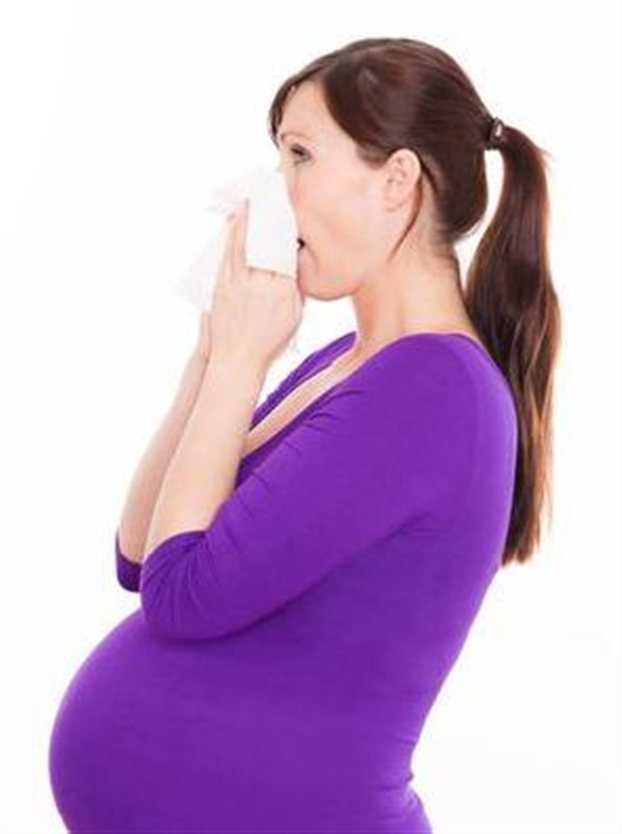
Read about some natural antihistamines here.
Decongestants
According to one source, it is safe to take decongestants, such as pseudoephedrine, when directed by a healthcare provider.
However, research has not yet established that decongestants are safe during pregnancy. Some studies suggest that some decongestants, including pseudoephedrine and phenylephrine, may increase the risk of birth abnormalities.
The overall evidence suggests that people use decongestants sparingly during pregnancy, especially during the first trimester.
Saline nasal sprays and nasal strips are safe alternatives for nasal congestion.
Natural remedies
Resting while sick is important to give the body time to focus on recovery. Lying down with the head elevated may help with breathing and stuffiness.
Drinking plenty of water can help people recover from a cold. Juices and smoothies can also provide nutritional intake when people have no appetite.
Many people also use room humidifiers to help clear a stuffy nose and promote a productive cough.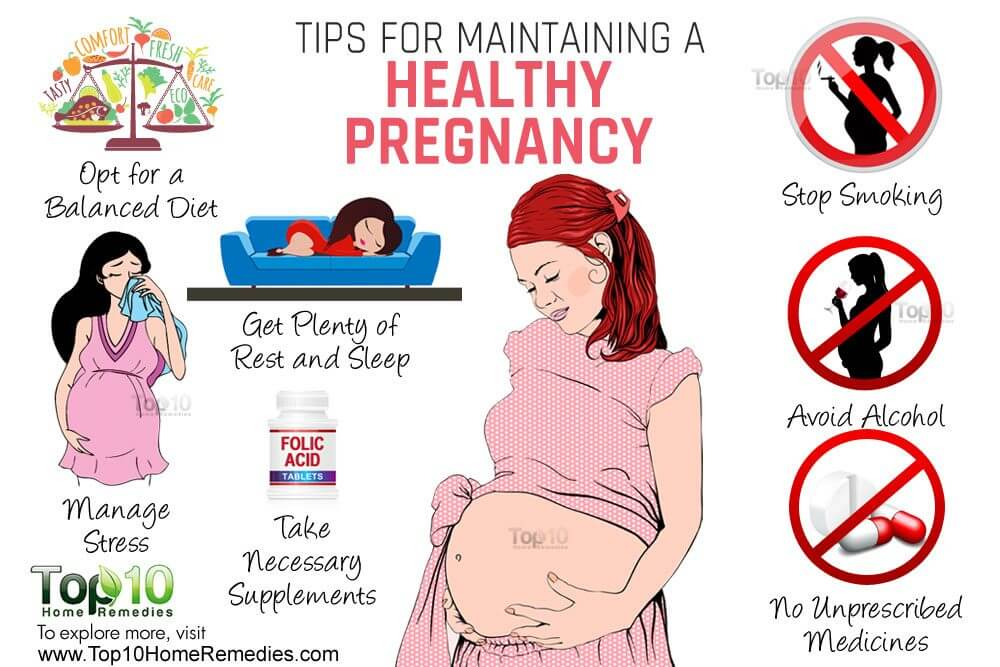
Applying warm compresses to the head, sinuses, and shoulders may help reduce pain and congestion.
Read more about natural remedies for a cold or flu here.
People are also more likely to catch colds and the flu during pregnancy, so it is important to take steps to prevent illness.
To prevent the common cold, the CDC recommend:
- washing the hands often with soap and water for 20 seconds, or using an alcohol-based hand sanitizer when this is not possible
- avoiding touching the face with unwashed hands because viruses that cause colds can enter the body through the eyes, nose, and mouth
- staying away from people who are sick as close contact with others can spread cold viruses.
Light to moderate pregnancy-safe exercises, such as swimming and indoor cycling, can boost the immune system and increase metabolism.
Healthful eating is another important factor in preventing a cold. Focusing on eating a variety of fresh foods can help ensure the body gets the nutrients it needs.
Taking a prenatal vitamin that includes zinc and vitamin C may also help support the immune system and prevent colds.
Many people experience pregnancy rhinitis, which has symptoms similar to a cold.
This occurs due to inflammation and swelling of the mucous membranes in the nose, extra fluid in the body, and changing hormone levels.
Pregnancy rhinitis occurs in around 20% of people. Some people may find it difficult to distinguish rhinitis from a common cold.
The symptoms of pregnancy rhinitis include:
- a runny nose
- congestion
- sneezing
- difficulty breathing
- snoring
A cold during pregnancy is the same as any other cold. The common cold is not likely to not harm the mother or fetus.
People may catch a cold or flu from being around others who are sick. The CDC provide guidance on how to avoid catching the flu.
It is important to know the difference between a cold and the flu. The two have similar symptoms, but the flu tends to be more severe, and a person will usually have a fever.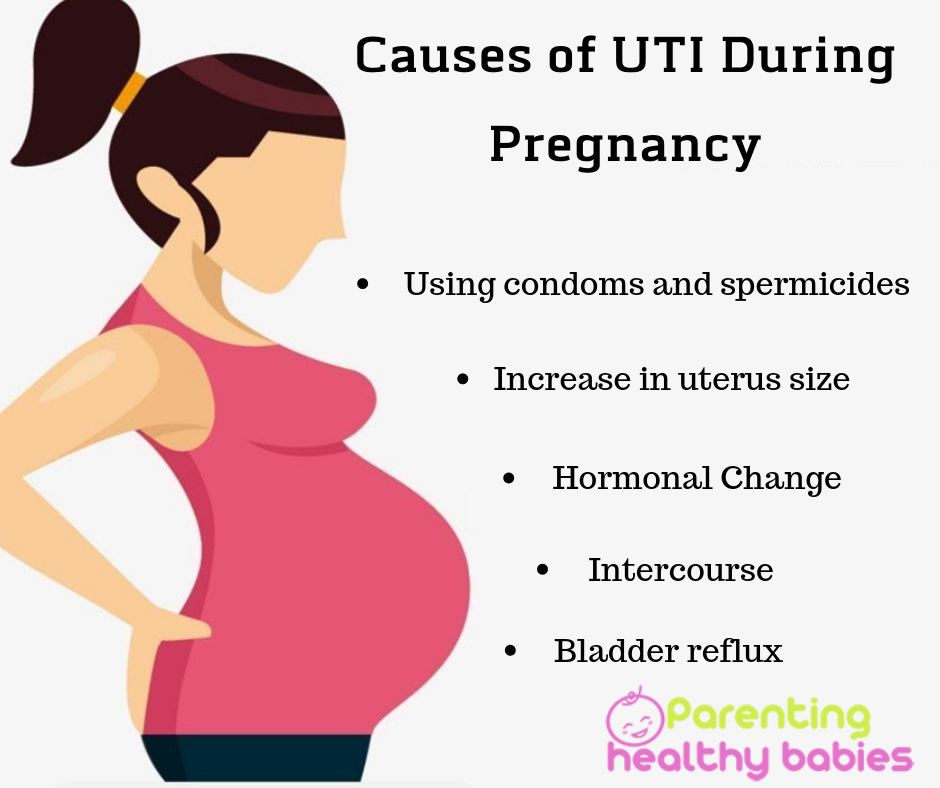
Read more about pregnancy and the flu here.
If someone experiences a fever during pregnancy, they should contact their doctor to see what steps they can take to reduce the fever to safe levels as quickly as possible.
Having a cold during pregnancy will not usually affect the fetus. Colds are mild illnesses that a person’s immune system can handle relatively easily.
However, the person’s temperature and infections can affect the fetus. If a person is experiencing a fever or other signs of infection, it is essential to speak with a doctor immediately to find the best way to reduce these symptoms.
When a person is pregnant, their body deals with a cold in much the same way as it does at any other time. The symptoms are temporary, and in most cases, the cold will be gone in 7–10 days.
If someone experiences the following symptoms during pregnancy, they should talk to a doctor right away:
- a fever of over 100.4° F
- severe or unusual symptoms
- symptoms that last more than 10 days
- symptoms of the flu
- violent coughing that makes it hard to breathe
Colds are very common during pregnancy, and they are unlikely to harm the pregnant person or fetus.
While there are some uncertainties over the safety of OTC cold remedies during pregnancy, most people can relieve their symptoms using gentle home remedies. Most people will feel better in around a week.
Cold and flu during pregnancy and breastfeeding
Cold and flu during pregnancy and breastfeeding | Pregnancy Birth and Baby beginning of content8-minute read
Listen
Key facts
- A cold is an infection of the upper respiratory tract caused by a virus.
- Colds usually get better on their own (without any taking specific treatment), but there are things you can do to help yourself feel better while you recover.
- Influenza (‘the flu’) is a viral infection that can cause serious complications in pregnancy for both mum and baby.

- The influenza vaccine is the best way to protect you and your baby from catching the flu.
- Some medicines are not safe to use during pregnancy. If you are pregnant and not sure whether a medicine is safe to use, ask your doctor or pharmacist for advice.
Colds and flu symptoms can be very similar to the symptoms of COVID-19. Even if your symptoms are mild, get tested for COVID-19 immediately — use the colds and flu Symptom Checker if you're not sure what to do. You can also learn more here about COVID-19 during pregnancy.
How do I manage a cold when I’m pregnant or breastfeeding?
A cold is a viral infection of the upper respiratory tract. This means that a cold can affect your throat and airways and cause symptoms such as:
- sore throat
- headache
- sneezing
- blocked or runny nose
- cough
- mild fever
Colds can be very uncomfortable, but they are not dangerous to you or your baby.
Colds get better on their own without any specific treatment. Antibiotics will not help you recover from a cold any faster, because colds are caused by viruses and not bacteria.
There are things you can do to treat your symptoms and make you feel more comfortable while your body fights the virus:
- Resting gives your body more energy to fight the infection.
- Drink lots of fluids — this will help you feel better and is important for your milk supply when you are breastfeeding.
- Avoid dehydration which can be dangerous in pregnancy — warm drinks with lemon and honey can be especially soothing.
- Avoid exposure to cigarette smoke.
- Use saline (salt water) nasal sprays or rinses to clear mucus from your nose and sinuses.
- Inhale steam (using a bowl of hot water, or a warm shower) to help clear your nose and sinuses.
There are some medicines you need to avoid while you’re pregnant or breastfeeding. If you’re not sure whether a particular medicine is safe to use, ask your doctor or pharmacist.
You should continue to breastfeed your baby if you have a cold so that your baby gets antibodies from your breast milk, which may protect them from getting sick.
How do I manage the flu when I’m pregnant or breastfeeding?
Influenza, also known as the ‘flu’, is an infection caused by the influenza virus.
Most people who catch the flu start to notice symptoms about 1 to 3 days after being in contact with someone carrying the virus.
Symptoms of the flu include:
- fever
- sore throat
- cough
- severe tiredness
- muscle aches
- loss of appetite
If you are pregnant and think you might have the flu, you should see your doctor right away. If you are pregnant, especially if you are in your second or third trimester, you are more likely to become seriously unwell with the flu than people who are not pregnant.
If your doctor suspects that you have the flu, they may take a swab from the inside of your nose and throat to confirm the diagnosis. They may also prescribe you an antiviral medicine if they are concerned about the effects of the flu on your health. This medicine is more effective the earlier you take it, so it’s important to see your doctor when you first notice flu symptoms.
They may also prescribe you an antiviral medicine if they are concerned about the effects of the flu on your health. This medicine is more effective the earlier you take it, so it’s important to see your doctor when you first notice flu symptoms.
There are also strategies you can use to relieve your symptoms while you recover. These strategies are similar to those used to treat cold symptoms.
Is the flu dangerous during pregnancy?
If you are pregnant, the flu can be dangerous for you and for your baby.
If you are pregnant, you are more likely to catch the flu, and you are more likely to experience severe symptoms and complications. Even if you are healthy and your pregnancy is normal, catching the flu can cause life-threatening complications.
Complications of the flu in pregnancy include:
- pneumonia
- damage to your heart or other organs
- premature labour
- stillbirth
Can I get the flu vaccine during pregnancy or while breastfeeding?
Yes.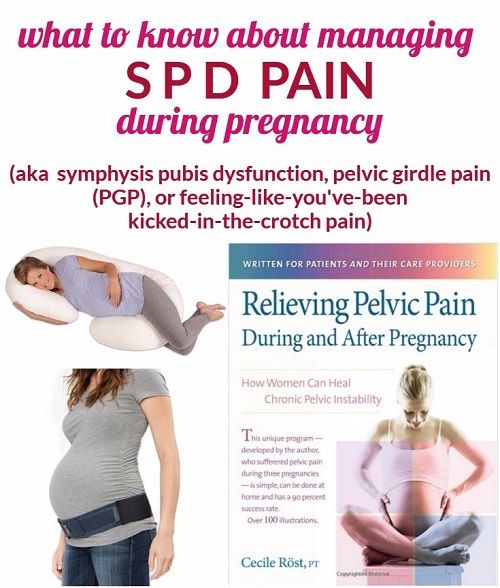 The flu vaccine is the best way to protect both you and your baby from catching the flu. The flu vaccination is recommended at any stage of pregnancy, anyone planning a pregnancy, or anyone who is breastfeeding.
The flu vaccine is the best way to protect both you and your baby from catching the flu. The flu vaccination is recommended at any stage of pregnancy, anyone planning a pregnancy, or anyone who is breastfeeding.
It is safe to have the flu vaccine in pregnancy and while breastfeeding. It is free at any trimester during pregnancy through the National Immunisation Program.
You should get vaccinated against the flu even if you were already vaccinated last year. This is because the flu vaccine is updated every year to give you the most protection from the type of influenza that is expected to be common that year.
What medicines can I take during pregnancy?
During pregnancy, you may have conditions that need treatment with medicines. Some medicines are not safe to use during pregnancy. If you are pregnant, it’s important to speak to your doctor or pharmacist before starting, stopping or changing any prescription or over-the-counter medicines.
Here are some common medicines and information about their use, during pregnancy.
- Paracetamol is considered safe at all stages of pregnancy.
- Ibuprofen and other non-steroidal anti-inflammatory drugs (NSAIDs) should not be used during pregnancy unless your doctor has prescribed them.
- Some cough medicines are safe during pregnancy, but not all types. If you are pregnant and feel very unwell with cold symptoms, ask your doctor or pharmacist for advice.
- Saline nasal sprays are safe to use during pregnancy. Decongestant nasal sprays (used to relieve a blocked nose) are generally safe to use during pregnancy.
- Oral decongestant medicines, such as pseudoephedrine and phenylephrine are not recommended during pregnancy.
There is limited scientific information about many herbal or complementary products or medicines and their safety during pregnancy. If you are thinking about using herbal medicines during pregnancy, it’s a good idea to check with your doctor or pharmacist about their safety and effectiveness.
What medicines can I take while I’m breastfeeding?
If you need to take medicines while you are breastfeeding, check with your doctor or pharmacist that they are safe for you and your baby. Even when your medicine is considered safe during breastfeeding, it is best to breastfeed your baby before you take your medicine.
Even when your medicine is considered safe during breastfeeding, it is best to breastfeed your baby before you take your medicine.
While you are breastfeeding, it’s especially important to maintain good hygiene to reduce the chance of spreading the infection to your baby and other members of your household.
Here are some common medicines and some information about their use while you’re breastfeeding.
- Ibuprofen is generally safe to use in breastfeeding. If you are taking other medicines or have other health conditions, speak with your doctor about using ibuprofen in your circumstance.
- Aspirin is not to be used for pain or fever if you are breastfeeding.
- Codeine may make your baby drowsy, especially in young or small babies, and if you have a family history of codeine sensitivity. Codeine is found in many cold and flu tablets. If your baby becomes more drowsy than usual after you have taken codeine, stop using it and speak to your doctor.
- Pseudoephedrine is a decongestant found in some cold and flu tablets.
 It doesn’t transfer easily into breastmilk, but it is associated with reducing milk supply and may cause your baby to be irritable. Pseudoephedrine is not generally recommended if you are breastfeeding.
It doesn’t transfer easily into breastmilk, but it is associated with reducing milk supply and may cause your baby to be irritable. Pseudoephedrine is not generally recommended if you are breastfeeding. - Phenylephrine is another decongestant sometimes used in cold and flu tablets. It has not been well studied, but it seems to transfer poorly into breast milk. It is used for children and babies.
- Saline nasal sprays are safe to use while you are breastfeeding.
- Decongestant nasal sprays (medicines that relieve a blocked nose) with the active ingredients oxymetazoline and xylometazoline can be used while you’re breastfeeding because they transfer poorly into breast milk, and work in the nose.
There is limited scientific information about many herbal or complementary products or medicines and their safety while breastfeeding. If you are breastfeeding and want to use a herbal medicine, check with your doctor or pharmacist about their safety and effectiveness before you do.
Speak to a maternal child health nurse
Call Pregnancy, Birth and Baby to speak to a maternal child health nurse on 1800 882 436 or video call. Available 7am to midnight (AET), 7 days a week.
Sources:
The Royal Women's Hospital (Herbal medicines in pregnancy and breastfeeding), The Royal Hospital for Women (Medicines in pregnancy), Department of Health (Protecting your baby against influenza starts when you’re pregnant), The Royal Hospital for Women (Pregnancy and flu), NSW Health (Common cold in pregnancy and breastfeeding), Department of Health (Influenza (flu) vaccine), Department of Health (National Immunisation Program Schedule)Learn more here about the development and quality assurance of healthdirect content.
Last reviewed: June 2022
Back To Top
Related pages
- Vitamins and supplements during pregnancy
- Herbal teas during pregnancy and breastfeeding
- Diet and medication while breastfeeding
- Medicines during pregnancy
Need more information?
Fighting the flu during pregnancy
Having the flu is never fun, but when you are pregnant, you need to be especially careful.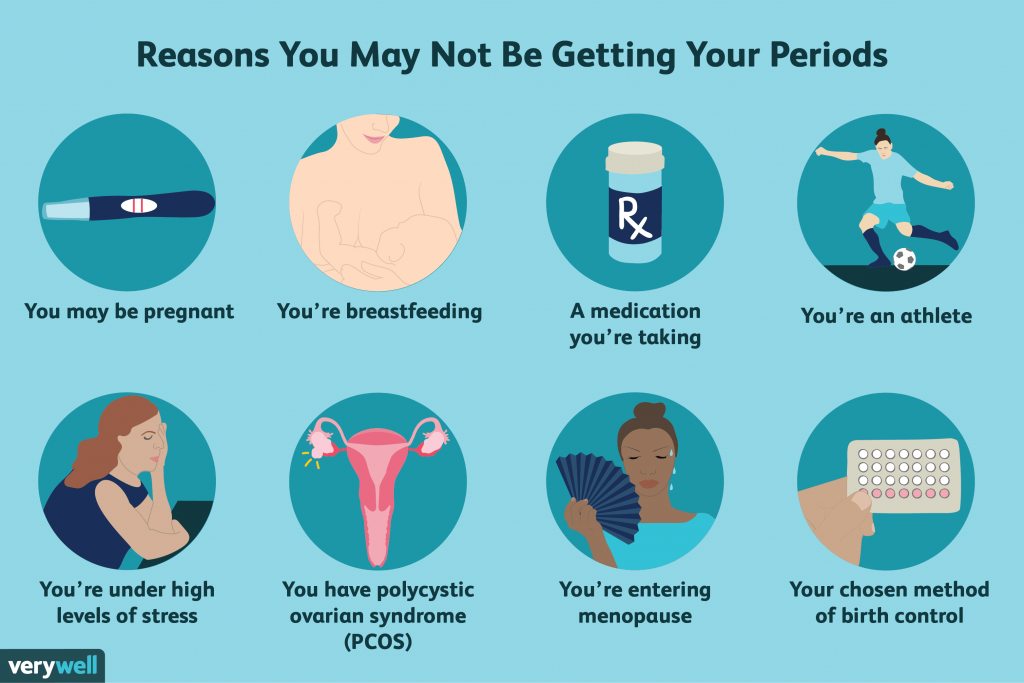
Read more on Pregnancy, Birth & Baby website
Flu vaccination and pregnancy – Vaccinate against flu. Protect your baby too | Australian Government Department of Health and Aged Care
The flu shot is safe for pregnant women, and provides effective protection for you and your new-born baby for the first six months of their life.
Read more on Department of Health and Aged Care website
Influenza vaccination in pregnancy | Australian Government Department of Health and Aged Care
The influenza vaccine is provided at no cost for pregnant women through the National Immunisation Program. If you’re pregnant, speak to your doctor, nurse, or midwife today.
Read more on Department of Health and Aged Care website
Influenza (the flu) - National Asthma Council Australia
What is Influenza? Influenza, commonly known as ‘the flu', is an illness caused when an influenza virus infects the respiratory tract – your nos
Read more on National Asthma Council Australia website
Should I get the flu vaccine? - MyDr.
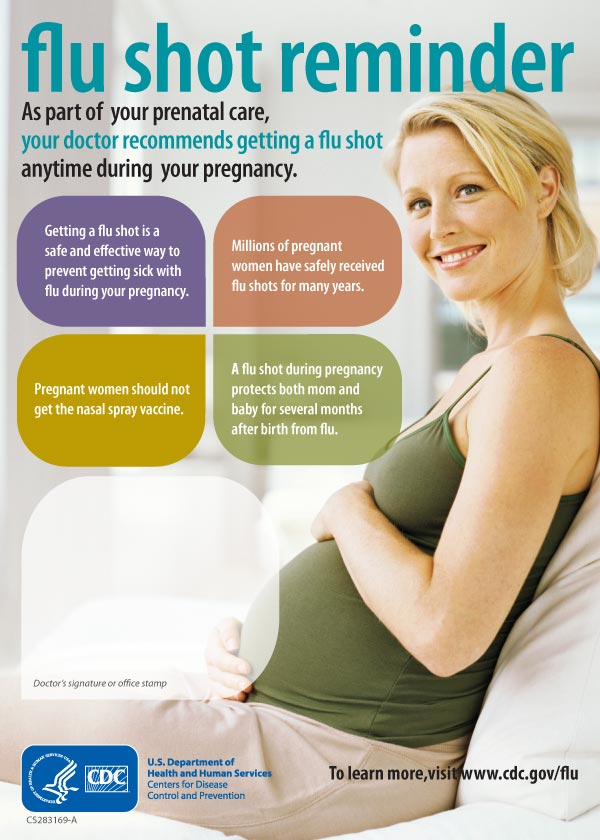 com.au
com.au Everyone should be immunised against influenza this season when the vaccine becomes available, but pregnant women should be immunised at any time.
Read more on myDr website
Influenza and Pregnancy - Immunisation Coalition
Pregnant women and newborn babies are especially vulnerable to influenza. Vaccinating against influenza can be life saving for both the mother and child.
Read more on Immunisation Coalition website
Flu (seasonal) | SA Health
Symptoms, prevention and treatment information about the flu (seasonal).
Read more on SA Health website
Influenza - Immunisation Coalition
About Influenza Influenza Symptoms How Influenza Spreads Influenza Complications Influenza Prevention Influenza Treatment About Influenza Influenza, commonly known as ‘the flu’, is an illness caused by a group of viruses (the influenza viruses) that infect the respiratory tract
Read more on Immunisation Coalition website
Influenza - Lung Foundation Australia
In 2021, Australia experienced a 'record-breaking' flu season with cases eight times lower than the five-year average and no deaths recorded.
Read more on Lung Foundation Australia website
At birth | Sharing Knowledge about Immunisation | SKAI
Most babies get two needles (injections) at birth. One is the hepatitis B vaccine and the other is a vitamin K injection. They are usually given in babies’ legs.
Read more on National Centre for Immunisation Research and Surveillance (NCIRS) website
Disclaimer
Pregnancy, Birth and Baby is not responsible for the content and advertising on the external website you are now entering.
OKNeed further advice or guidance from our maternal child health nurses?
1800 882 436
Video call
- Contact us
- About us
- A-Z topics
- Symptom Checker
- Service Finder
- Linking to us
- Information partners
- Terms of use
- Privacy
Pregnancy, Birth and Baby is funded by the Australian Government and operated by Healthdirect Australia.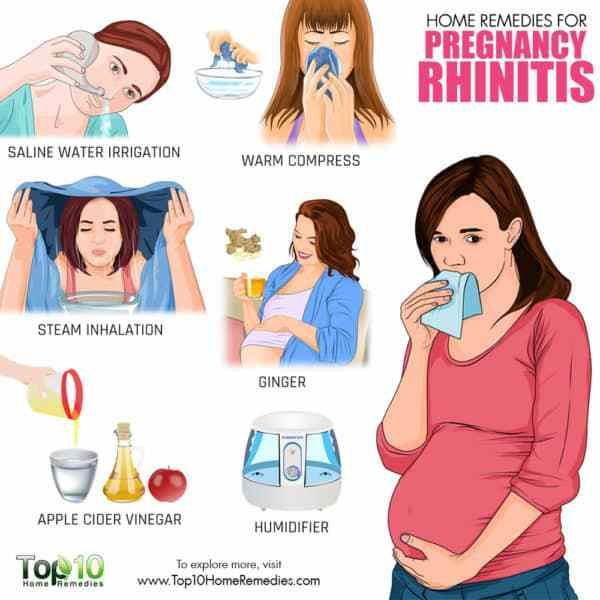
Pregnancy, Birth and Baby is provided on behalf of the Department of Health
Pregnancy, Birth and Baby’s information and advice are developed and managed within a rigorous clinical governance framework. This website is certified by the Health On The Net (HON) foundation, the standard for trustworthy health information.
This site is protected by reCAPTCHA and the Google Privacy Policy and Terms of Service apply.
This information is for your general information and use only and is not intended to be used as medical advice and should not be used to diagnose, treat, cure or prevent any medical condition, nor should it be used for therapeutic purposes.
The information is not a substitute for independent professional advice and should not be used as an alternative to professional health care. If you have a particular medical problem, please consult a healthcare professional.
Except as permitted under the Copyright Act 1968, this publication or any part of it may not be reproduced, altered, adapted, stored and/or distributed in any form or by any means without the prior written permission of Healthdirect Australia.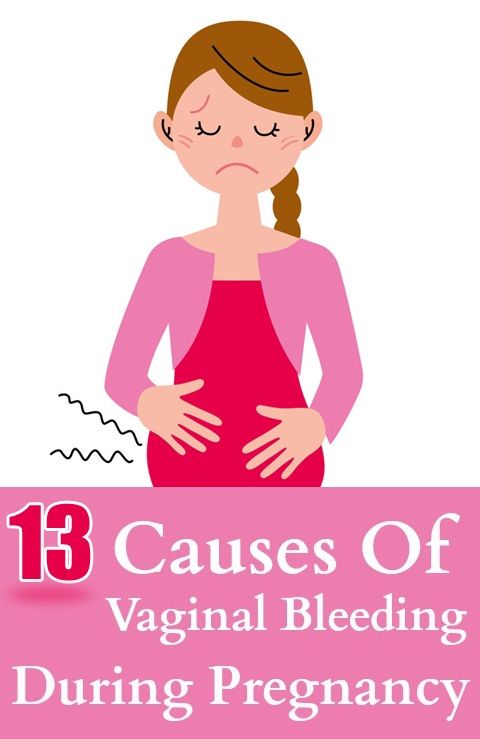
Support this browser is being discontinued for Pregnancy, Birth and Baby
Support for this browser is being discontinued for this site
- Internet Explorer 11 and lower
We currently support Microsoft Edge, Chrome, Firefox and Safari. For more information, please visit the links below:
- Chrome by Google
- Firefox by Mozilla
- Microsoft Edge
- Safari by Apple
You are welcome to continue browsing this site with this browser. Some features, tools or interaction may not work correctly.
Colds during pregnancy: how to treat?
Any cold or respiratory disease in early pregnancy, during the primary formation of the fetus, can lead to unpredictable consequences and complications. The matter is complicated by the fact that most medications are absolutely contraindicated for use during gestation.
In this regard, the treatment and prevention of colds in pregnant women is an important issue, which should be approached especially responsibly! The main thesis is: be careful with medicines and apply mild preventive measures based on alternative medicine methods to avoid respiratory diseases and flu. nine0003
nine0003
"One for two - immunity"
This is a very fragile system, it is not necessary to interfere in its work, but it is necessary to support and strengthen it. Pregnancy belongs to the category of special, albeit temporary, conditions during which a woman needs additional protection.
This issue will help simple recommendations that are available to everyone:
• During the period of frequent weather changes, it is necessary to dress warmer, paying special attention to shoes. nine0017 • During an epidemic, it is better for a pregnant woman to refrain from being in crowded places - transport, metro, shops and hospitals. If there is an urgent need, to prevent possible infection, a protective respiratory mask should be worn before leaving the house.
• Be especially careful about hygiene after visiting the street and public places. Upon returning home, the first thing to do is wash your hands thoroughly.
Interesting: More than 90% of all acute respiratory infections are caused by viruses, about 10% are bacteria and other pathogens. Accordingly, any soap can be used, not necessarily antibacterial.
• Before going outside, you can lubricate the nasal mucosa with oxolinic ointment. Upon returning home, flush the upper respiratory tract with soda solution.
• Rationalization of nutrition and intake of vitamins will strengthen the immune defense. It is especially useful to eat fruits and vegetables that are enriched with vitamins and have not undergone heat treatment. nine0003
Interesting: our grandmothers used to say: in order not to get sick, you need to drink chicken broth! Strange, but until recently, scientists did not attach much importance to this prophylactic. Pulmonologist Stefan Rennard decided to find out if this was true or not. The professor conducted a study and proved that the use of chicken broth affects the mobility of neutrophils, white blood cells that protect the body from infections and activate the immune system.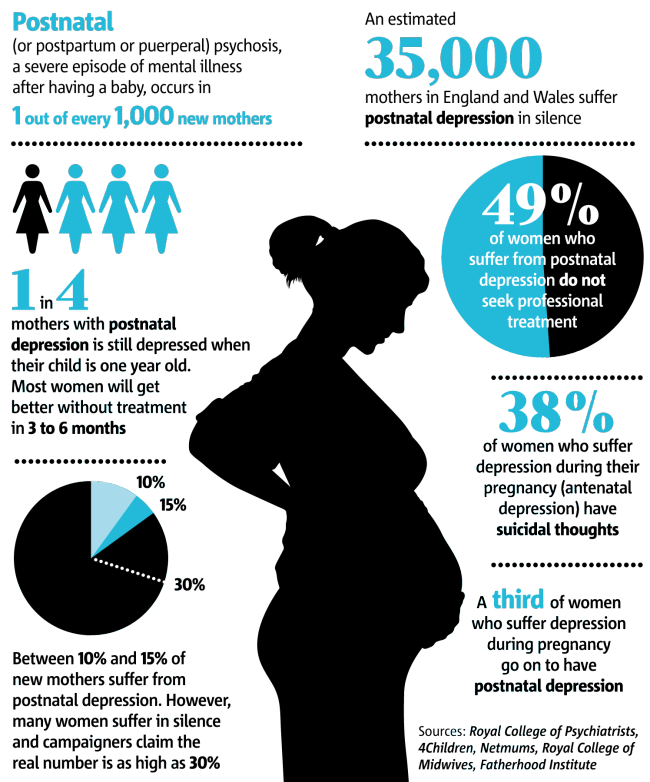
- Vitamins can be taken using ready-made pharmaceutical multivitamin complexes. Before choosing a drug, you should consult your doctor. nine0035
- Compliance with the regimen and duration of sleep - at least 9 hours a day. The possibility of psychotraumatic situations should be minimized.
- Maintaining cleanliness in the living quarters (ventilation, wet cleaning).
- Air humidification is an important aspect in the prevention of influenza and respiratory diseases. If air conditioners or heaters are used in the house of a pregnant woman, it would be best to purchase a mechanical humidifier. nine0035
Medications for prevention
- Grippferon - a drug in the form of drops for the nose, which provides prevention and treatment of influenza, is not contraindicated for pregnant and lactating women. The medicine stimulates an increase in immunity, has a pronounced antiviral effect that can protect against colds, infections and influenza varieties.
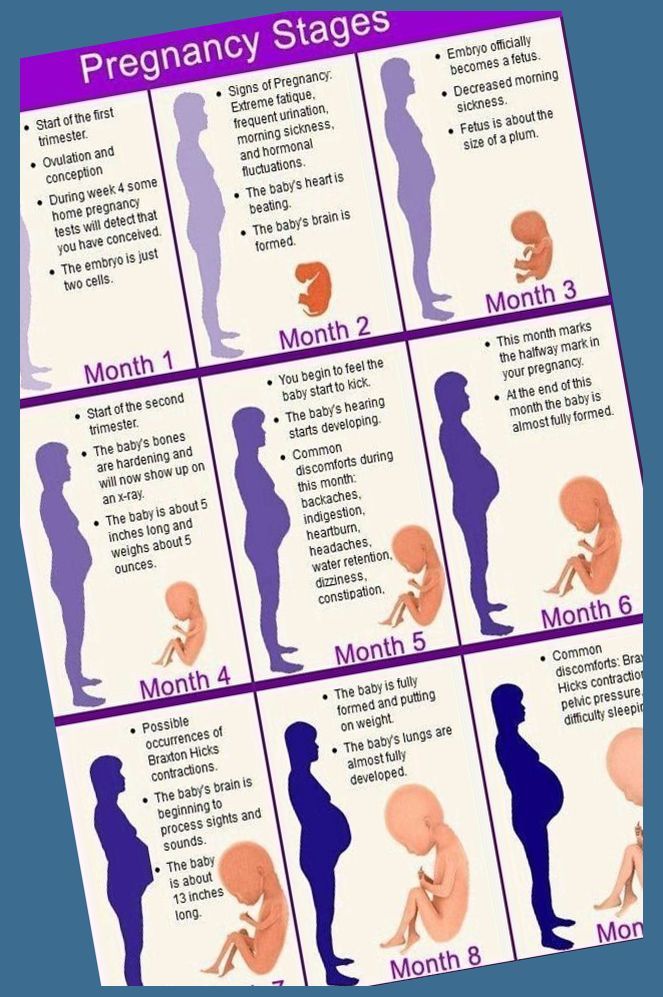
- Ascorbic acid - can be used as a separate source of vitamin C in a synthetic version, with a reduced daily intake from food. Ascorbic acid not only prevents infection, but also fights viruses that have already entered the body of a woman. nine0035
- Viferon - nasal ointment, which is prescribed for the prevention of influenza and respiratory infections during an epidemic. The ointment has protective and immunomodulatory effects, and also allows you to deal with disorders that are already occurring in the body at the time of use. Viferon in the form of a nasal ointment has no contraindications for use in pregnant women at any time, including the first trimester.
- Aquamaris is a natural drug in the form of a nasal spray that allows you to moisturize the nasal mucosa, thereby reducing the risk of influenza viruses entering the nasal cavity. nine0035
I would like to say a few words about such a method of prevention as vaccination. Most often, the expectant mother may be at risk of infection due to the annual influenza epidemic. This disease is dangerous for a pregnant woman precisely because of its complications: pneumonia, bronchitis, otitis media. Influenza in a pregnant woman can also affect the health of the fetus. Most of all, it is dangerous in the early stages of pregnancy, when the tissues and organs of the human embryo are laid and formed. Viral intoxication or drug exposure can lead to pathology of the child's organs. In later pregnancy, there is a risk of infection of the fetus. nine0003
Most often, the expectant mother may be at risk of infection due to the annual influenza epidemic. This disease is dangerous for a pregnant woman precisely because of its complications: pneumonia, bronchitis, otitis media. Influenza in a pregnant woman can also affect the health of the fetus. Most of all, it is dangerous in the early stages of pregnancy, when the tissues and organs of the human embryo are laid and formed. Viral intoxication or drug exposure can lead to pathology of the child's organs. In later pregnancy, there is a risk of infection of the fetus. nine0003
The most dangerous consequence of influenza in a pregnant woman is threatened miscarriage or premature birth!
It is quite natural that expectant mothers often wonder whether or not to vaccinate.
Studies have concluded that the use of inactivated ("killed") influenza vaccines does not have a teratogenic effect on the fetus and does not harm the health of a pregnant woman.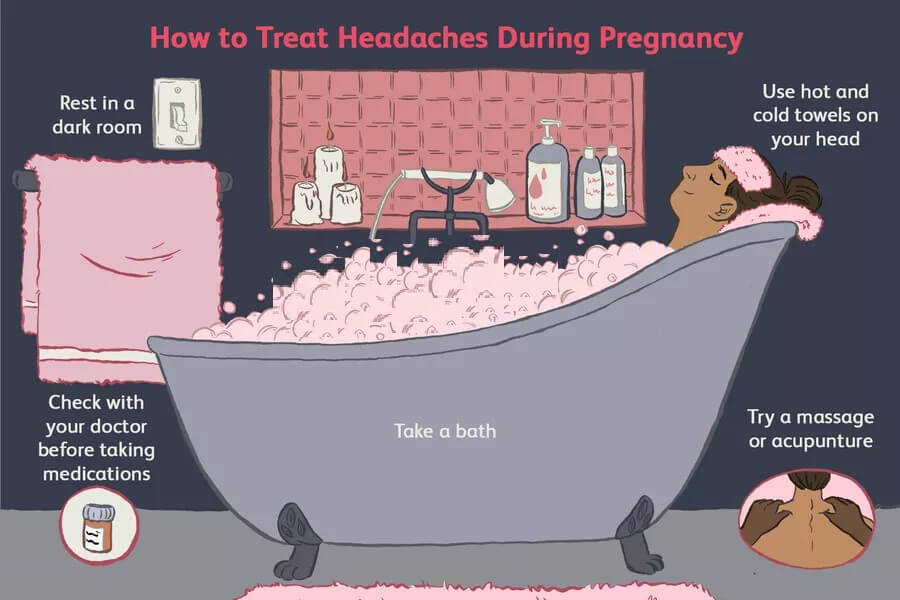 After consulting with your doctor about such an inoculation, you can come to an optimal solution. nine0073 If an influenza epidemic is inevitable, and the pregnant woman has no contraindications, then the vaccine should be given. If a pregnant woman has a negligible risk of infection, she does not come into contact with a large number of people, or is opposed to vaccination, then you can not do it. According to research, it is known that vaccination of mothers reduces the risk of influenza infection of a born child by 63%. Seasonal influenza prevention is carried out in September, October. Vaccinations for pregnant women are recommended from the second trimester of pregnancy. nine0003
After consulting with your doctor about such an inoculation, you can come to an optimal solution. nine0073 If an influenza epidemic is inevitable, and the pregnant woman has no contraindications, then the vaccine should be given. If a pregnant woman has a negligible risk of infection, she does not come into contact with a large number of people, or is opposed to vaccination, then you can not do it. According to research, it is known that vaccination of mothers reduces the risk of influenza infection of a born child by 63%. Seasonal influenza prevention is carried out in September, October. Vaccinations for pregnant women are recommended from the second trimester of pregnancy. nine0003
In the period of a planned pregnancy, a flu shot is given 1 month before it: the formation of immunity occurs 2-4 weeks. Protection after vaccination lasts about a year.
If infection does occur, action should be taken immediately if at least one symptom of the disease is detected. The health of a pregnant woman and her unborn child depends entirely on her responsibility and respect for her own body.
Proven folk remedies will be used first. Since pregnant women cannot steam their legs, steam their hands, and this will facilitate nasal breathing. Bundle up, put on woolen socks and crawl under the covers: warmth, peace and sleep are good for colds. Do not forget to drink plenty of water - hot green tea with lemon and honey, lime blossom tea, cranberry juice, rosehip broth, dried fruit compote. Ginger in the form of tea also helps, not only with catarrhal symptoms, but with nausea in the morning. nine0003
Various hot milk drinks are also suitable. Honey can be added to milk, and it is best to boil it on onions. It must be emphasized right away that not all herbs for colds during pregnancy can be used. Here is a list of medicinal plants that are contraindicated: aloe, anise, barberry, elecampane (grass and root), sweet clover, oregano, St. John's wort, strawberries (leaves), viburnum (berries), raspberries (leaves), lemon balm, lovage, wormwood, licorice ( root), celandine, sage.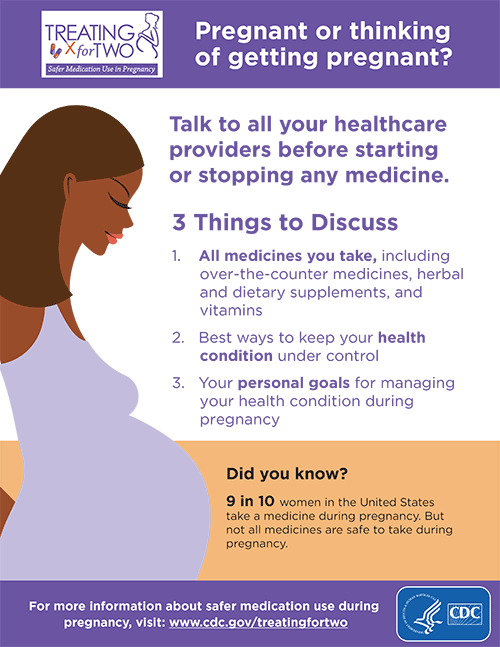 Accordingly, preparations containing these plants should not be taken. nine0003
Accordingly, preparations containing these plants should not be taken. nine0003
The use of medicines for colds during pregnancy must be treated with great care!
It is contraindicated to use the following drugs : Pertussin, Tussin plus, Joset, Glycodin, Ascoril, Travisil, Broncholitin, ACC, Grippeks, Codelac, Terpinkod. Do not use lozenges and lozenges for sore throat or cough are also undesirable due to the likelihood of allergic reactions.
Spray Pinosol, judging by the components indicated in the instructions, is not dangerous during pregnancy. However, the essential oils contained in the preparation - pine, peppermint, eucalyptus, thymol, guaiazulene (wormwood oil) - can lead to an allergic reaction with swelling of the nasal mucosa. nine0003
Viferon suppositories are allowed to be used only after 14 weeks from the start of conception. This drug contains recombinant human interferon alpha-2, ascorbic acid and alpha-tocopherol acetate and has antiviral, immunomodulatory and antiproliferative effects. It is used in the treatment of various infectious and inflammatory diseases in adults and children (including newborns). In the form of an ointment, Viferon is used to treat herpetic lesions of the skin and mucous membranes. The ointment is applied in a thin layer to the affected areas of the skin 3-4 times a day for 5-7 days. nine0003
It is used in the treatment of various infectious and inflammatory diseases in adults and children (including newborns). In the form of an ointment, Viferon is used to treat herpetic lesions of the skin and mucous membranes. The ointment is applied in a thin layer to the affected areas of the skin 3-4 times a day for 5-7 days. nine0003
The homeopathic preparation Stodal, which includes predominantly herbal ingredients, acts on various types of cough and has an expectorant and bronchodilator effect.
Viburkol - homeopathic suppositories - have analgesic, anti-inflammatory, sedative, antispasmodic action. They are prescribed in the complex therapy of acute respiratory viral infections and other uncomplicated infections (including in newborns), as well as in inflammatory processes of the upper respiratory tract and inflammatory diseases of the genitourinary system. nine0003
So, you can try to eliminate a slight ailment on your own, but there are conditions under which you need to call a doctor at home:
- Prolonged fever;
- Myalgia, fatigue, fatigue, general malaise;
- Difficulty breathing, nasopharyngeal lumps and dry or wet barking cough;
- A pregnant woman is troubled by severe pressing headache.
 nine0035
nine0035
In conclusion, I would like to emphasize the importance of treating chronic diseases before pregnancy, a healthy lifestyle during childbearing and following all doctor's orders.
I wish expectant mothers and their loved ones to try to maintain a good mood: optimists live longer and happier, they are more productive. Remember your victories and pleasant moments more often and everything will be fine!
Cold during pregnancy. What to do?
When you're expecting, your immune system works at a slower pace than usual, which is actually a good thing because it protects your growing baby and keeps your body from thinking the fetus is a foreign creature. However, the downside of this immune suppression is that your body does not defend itself against many of the viruses that cause colds, which can make you more vulnerable to symptoms such as nasal congestion, cough, and sore throat. nine0003
The good news about even the worst cold symptoms is that your child doesn't experience any of them. In fact, the environment of the womb keeps the baby completely protected from these hardships.
In fact, the environment of the womb keeps the baby completely protected from these hardships.
As far as you are concerned, a cold is basically an uncomfortable irritation that is best relieved by rest, drinking plenty of water, patience, and consultation with your doctor. The doctor must be aware of all your symptoms and ailments, including any cold. If necessary, he can also prescribe you the necessary medicines that are considered safe during pregnancy. nine0003
Although many cold medicines are usually prohibited during pregnancy, you do not need to suffer from a runny nose and a violent cough when you are pregnant. Some of the most effective cold remedies are not available over the counter.
Here are some of them:
- Lying in bed doesn't necessarily shorten the duration of a cold, but if your body is asking for some rest, be sure to listen.
- If you do not have a fever or cough, do some light to moderate exercise that is safe for pregnant women.
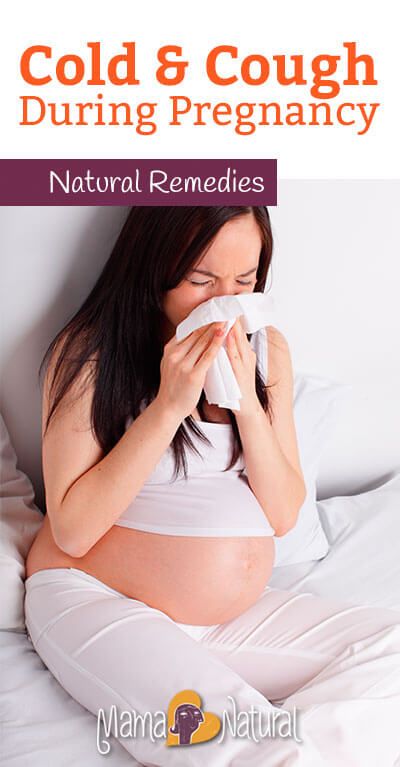 It can really help you feel better faster. nine0035
It can really help you feel better faster. nine0035 - Keep eating. Sure, you probably don't have much of an appetite, but eating as healthy a meal as possible can help you manage some of your cold symptoms.
- Vitamin C foods can help boost your immune system naturally. Try all kinds of citrus fruits (oranges, tangerines, grapefruits), strawberries, melon, kiwi, mangoes, tomatoes, bell peppers, papaya, broccoli, sauerkraut and spinach.
- Zinc may also help strengthen the immune system. Pregnant women should aim to get 11-15 milligrams each day from all sources, including vitamins. nine0035
- Fever, sneezing and a runny nose help you lose fluids that you and your baby need. Warm drinks are soothing, so keep a thermos of hot beverages like ginger tea, hot soup, or chicken broth close at hand. Try to drink enough to stay "well hydrated" - your urine should be the color of pale straw. Water and juices also work great, but they don't have to be very cold.
- If you have a runny nose, elevate your head with a pair of pillows to help you breathe easier.
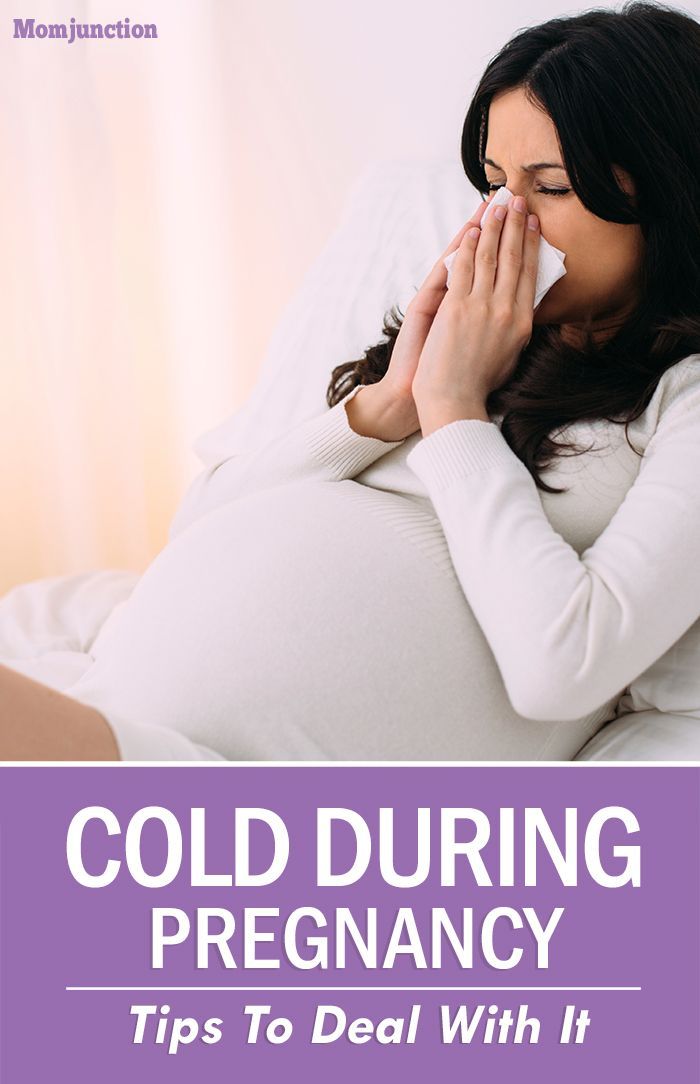
Learn more





